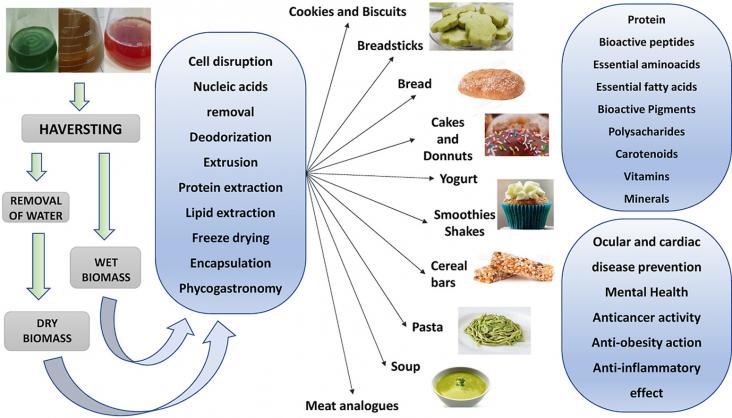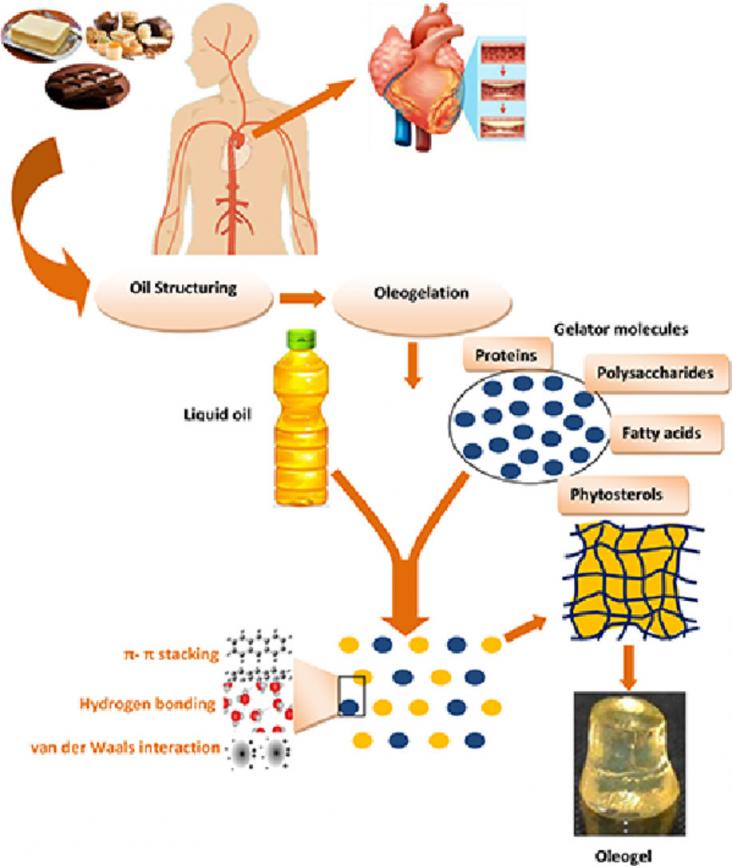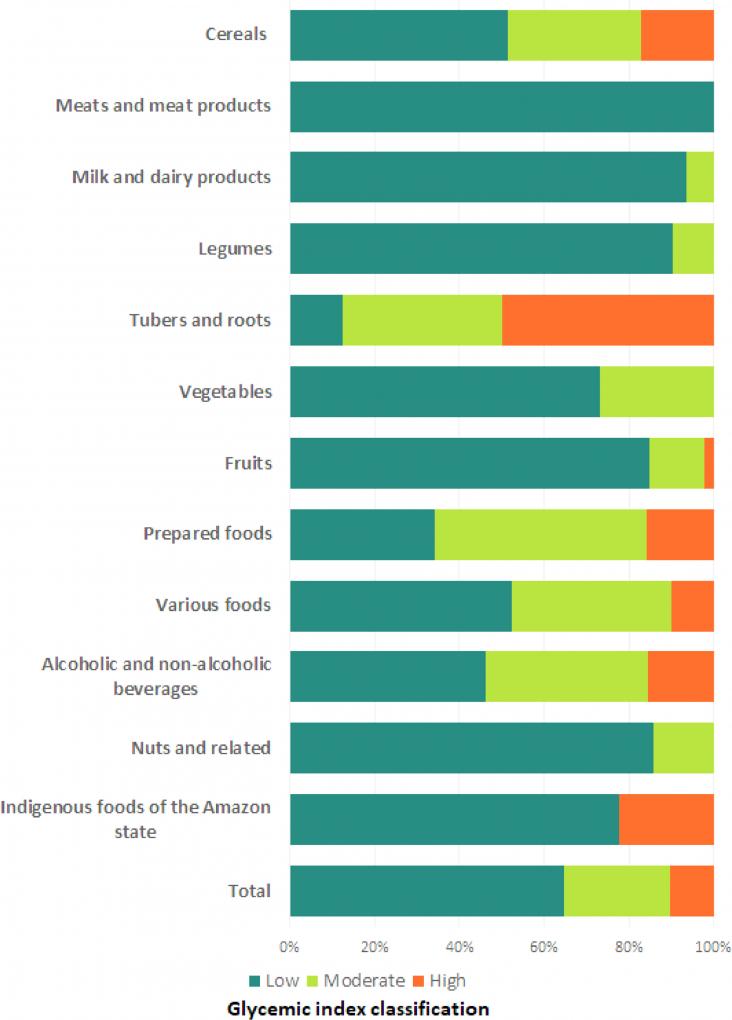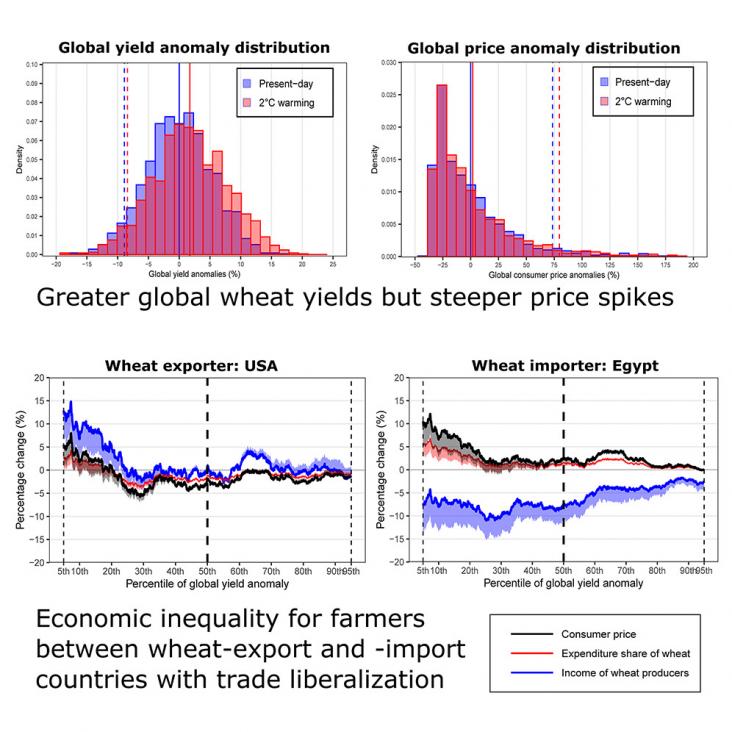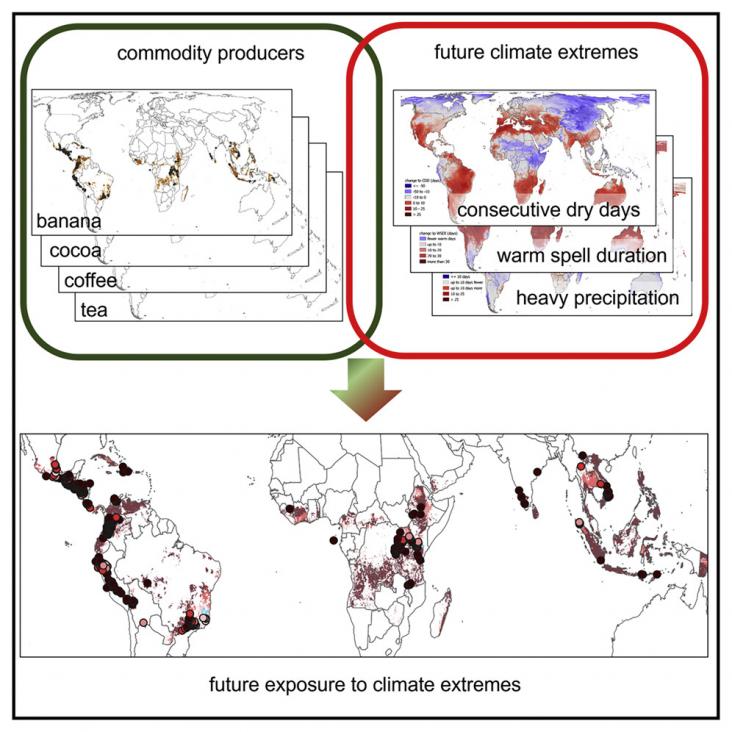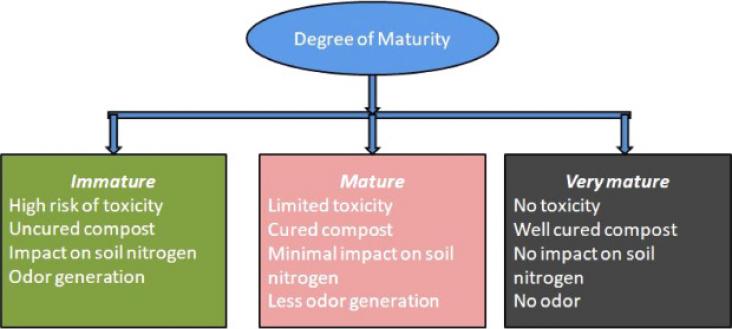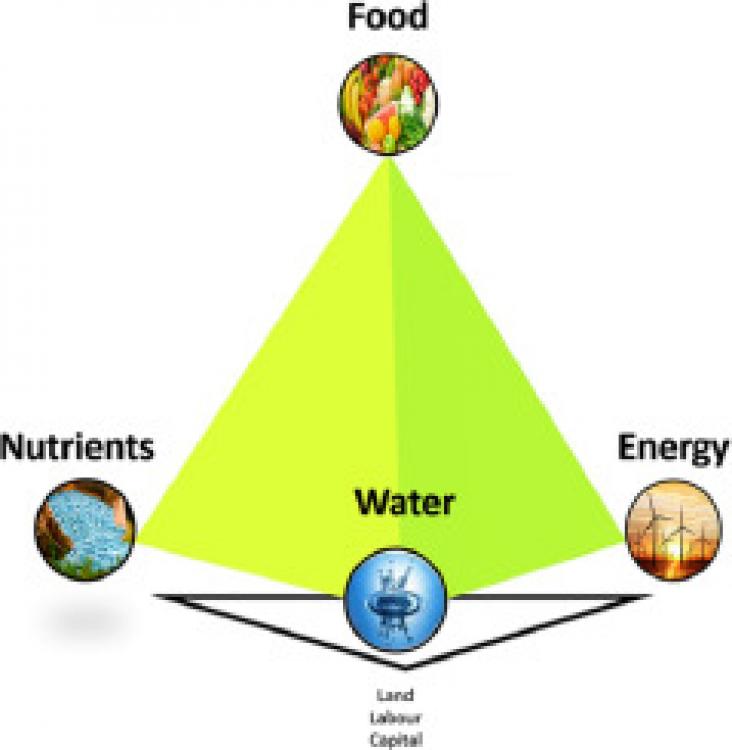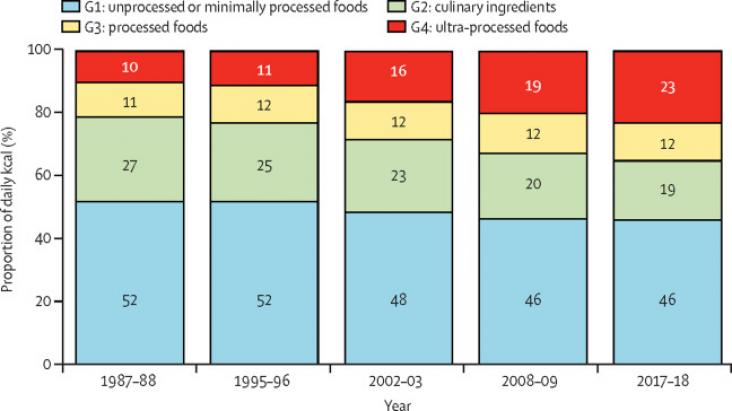
This year, World Food Day calls for global solidarity and collective action to make sure that no one is left behind through the transformation to more efficient, inclusive, sustainable and resilient agrifood systems for better production, better nutrition, a better environment, and a better life for everyone.
Food Chemistry: Molecular Sciences, Volume 4, 30 July 2022
Trends in Food Science and Technology, Volume 125, July 2022
Trends in Food Science and Technology, Volume 120, February 2022
Current Research in Microbial Sciences, Volume 3, January 2022
Current Research in Microbial Sciences, Volume 3, January 2022
Current Research in Microbial Sciences, Volume 2, December 2021
Current Research in Microbial Sciences, Volume 2, December 2021
Current Research in Microbial Sciences, Volume 2, December 2021
Trends in Food Science and Technology, Volume 113, July 2021
Journal of Integrative Agriculture, Volume 20, January 2021
Pedosphere, Volume 31, April 2021
Journal of Trace Elements and Minerals,
Volume 1,
2022,
100004
Journal of Trace Elements in Medicine and Biology,
Volume 74,
2022,
127056
Measurement: Food,
Volume 7,
2022,
100050
One Earth,
Volume 5, Issue 5,
2022,
Pages 470-472
Energy Nexus, Volume 6, 100062
Policy Issues in Genetically Modified Crops, A Global Perspective, 2021, Pages 143-160
Food Security, Poverty and Nutrition Policy Analysis (Third Edition): Statistical Methods and Applications, 2022, Pages 575-597
Early Nutrition and Long-Term Health (Second Edition), Mechanisms, Consequences, and Opportunities, 2022, Pages 3-25
New Aspects of Meat Quality (Second Edition): From Genes to Ethics, Woodhead Publishing Series in Food Science, Technology and Nutrition, 2022, Pages 533-557
Environmental Nutrition, Connecting Health and Nutrition with Environmentally Sustainable Diets, 2019, Pages 181-196
The Lancet Planetary Health, Volume 6, July 2022
The Lancet Healthy Longevity, Volume 3, July 2022
The Lancet Global Health, Volume 10, July 2022
The Lancet Public Health, Volume 7, June 2022
The Lancet Regional Health - Americas, Volume 10, June 2022
The Lancet Planetary Health, Volume 6, May 2022
eClinicalMedicine, Volume 47, May 2022
The Lancet Global Health, Volume 10, May 2022
The Lancet Global Health, Volume 10, April 2022
The Lancet Planetary Health, Volume 6, March 2022
The Lancet Planetary Health, Volume 6, February 2022
The Lancet Planetary Health, Volume 5, November 2021
The Lancet Public Health, Volume 6, August 2021
EClinicalMedicine, Volume 36, June 2021
EClinicalMedicine, Volume 33, March 2021
EClinicalMedicine, Volume 32, February 2021
The Lancet Global Health, Volume 8, August 2020
The Lancet Child and Adolescent Health, Volume 3, December 2019
The Lancet Global Health, Volume 10, May 2022
The Lancet Global Health, Volume 10, April 2022
The Lancet Global Health, Volume 8, August 2020
The Lancet Child and Adolescent Health, Volume 3, December 2019
The Lancet Global Health, Volume 10, July 2022
The Lancet Healthy Longevity, Volume 3, July 2022
The Lancet Planetary Health, Volume 6, July 2022
The Lancet Planetary Health, Volume 6, May 2022
The Lancet Planetary Health, Volume 6, March 2022
The Lancet Planetary Health, Volume 6, February 2022
The Lancet Planetary Health, Volume 5, November 2021
The Lancet Public Health, Volume 7, June 2022
The Lancet Public Health, Volume 6, August 2021
eClinicalMedicine, Volume 47, May 2022
EClinicalMedicine, Volume 33, March 2021
EClinicalMedicine, Volume 32, February 2021
EClinicalMedicine, Volume 36, June 2021
The Lancet Regional Health - Americas, Volume 10, June 2022





